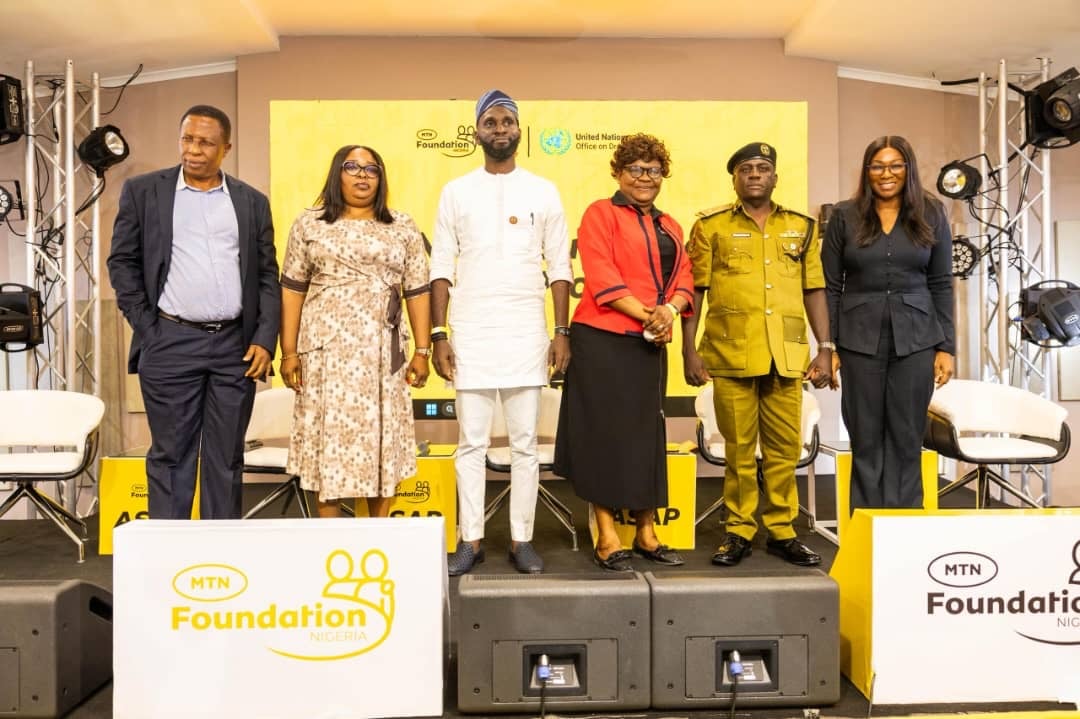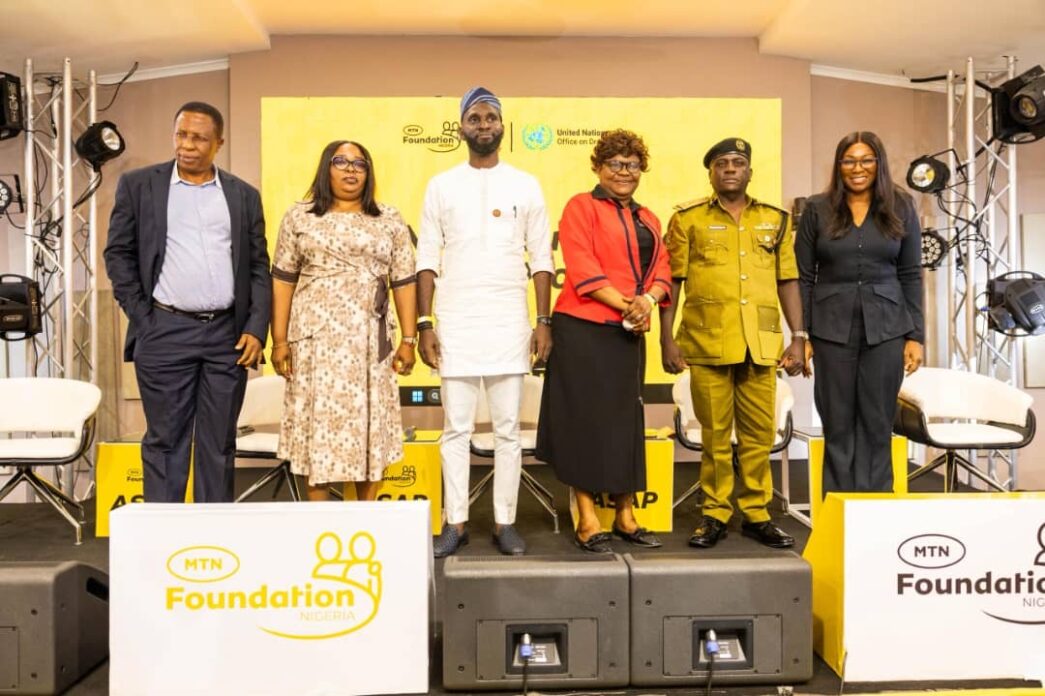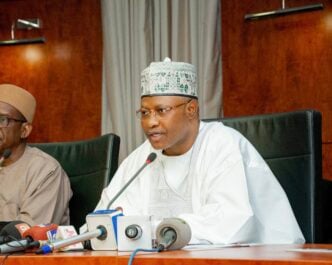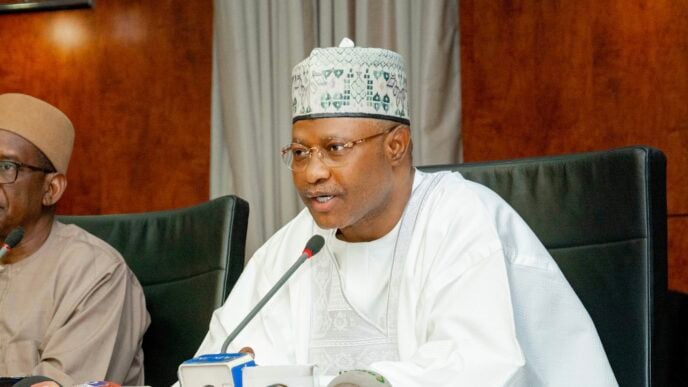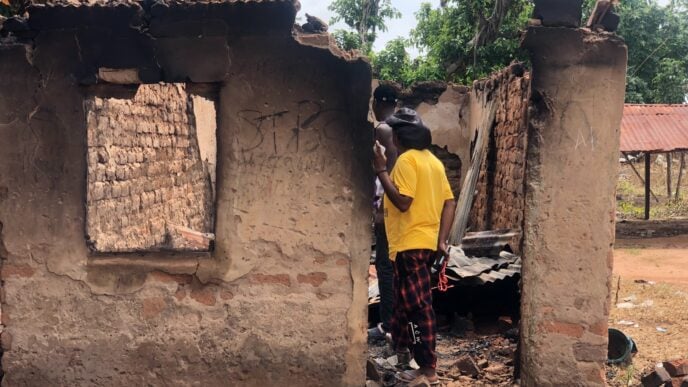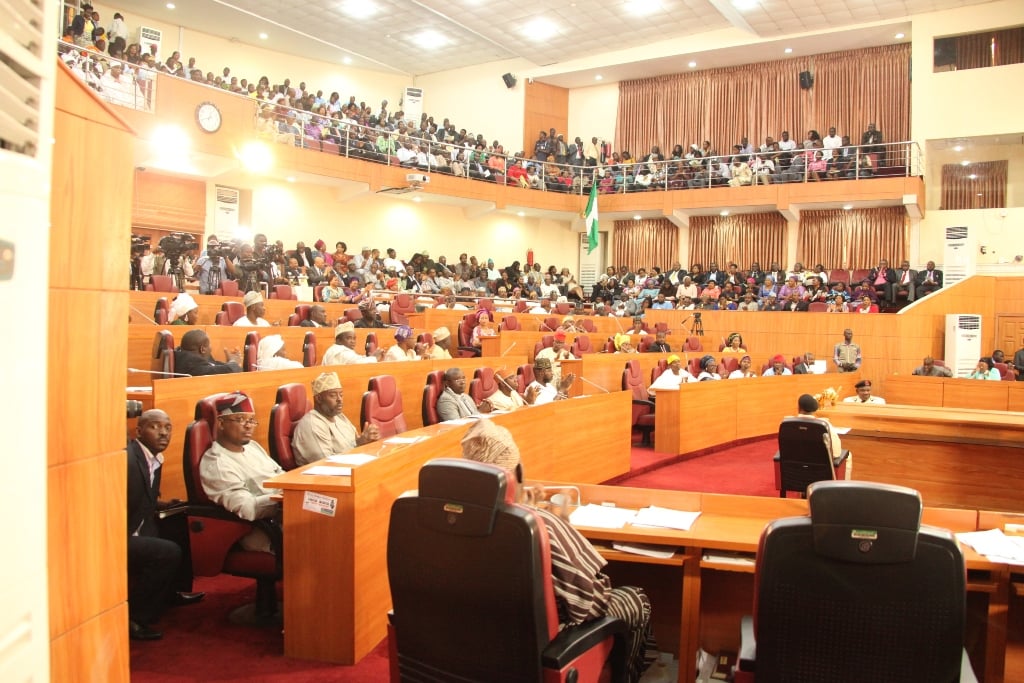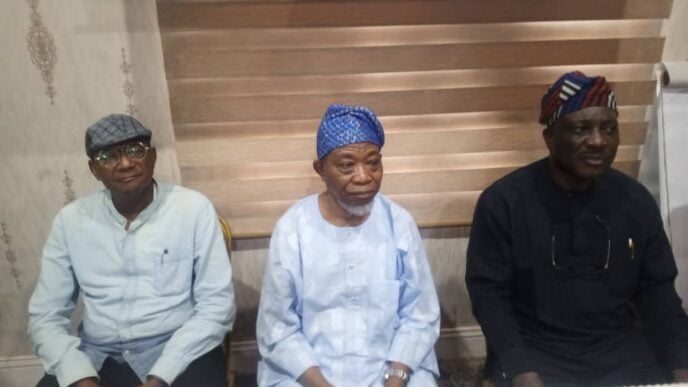Mojisola Meranda (second from left)
Mojisola Meranda, deputy speaker of the Lagos state house of assembly, has called for a comprehensive review and stronger enforcement of the National Drug Law Enforcement Agency (NDLEA) Act as part of efforts to tackle the growing challenge of substance abuse in Nigeria.
Speaking on Wednesday at the Anti-Substance Abuse Programme (ASAP) stakeholders conference organised by the MTN Foundation, Meranda noted the urgent need for stricter policies and a unified national response to the menace.
The act empowers the NDLEA to enforce laws against the cultivation, processing, sale, trafficking and use of hard drugs.
It further empowers the agency to investigate persons suspected to have dealings in drugs and other related matters.
Advertisement
Mojisola expressed her commitment to the wellbeing of Lagosians and Nigerians.
The deputy speaker further stressed the importance of enforcing tougher restrictions, particularly at the grassroots level, to protect vulnerable groups and prevent young people from falling into the cycle of substance abuse.
“I use this platform to call for a comprehensive review and implementation of the NDLEA Act, which will ultimately bring these policies to the state level so all State Houses of Assembly can get involved,” Meranda said.
Advertisement
“Prevention is cheaper and far more effective than rehabilitation.
“We must continue to invest in education, youth development, and community empowerment to redirect energy away from street vices and substance abuse towards productive and promising futures.”
Meranda also called for stronger collaboration between government agencies, civil society groups, and the private sector in the fight against drug abuse. She praised the MTN Foundation for its continued investment in awareness and prevention programs.
“This is not just a fight for one agency or one arm of government. It is everyone’s fight,” she said. Together, we must break the cycle and build a healthier, drug-free future,” she added.
Advertisement
She acknowledged the efforts of key stakeholders including the Lagos state government, NDLEA, United Nations Office on Drugs and Crime (UNODC), civil society organisations, traditional rulers, educators, parents, youth advocates, and the media for their roles in addressing the problem.

